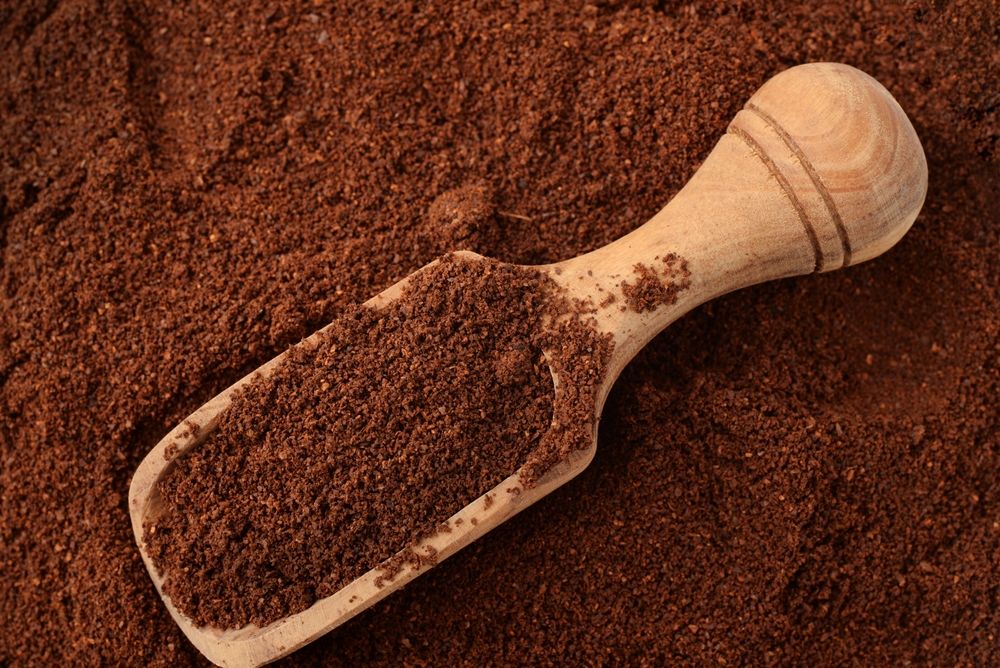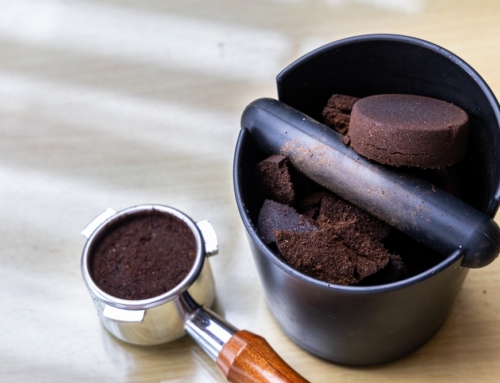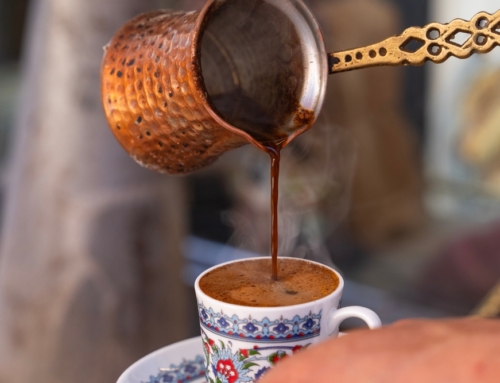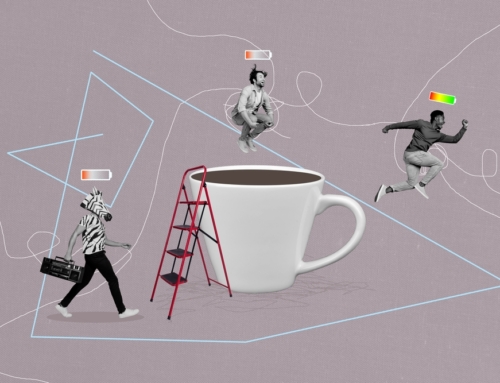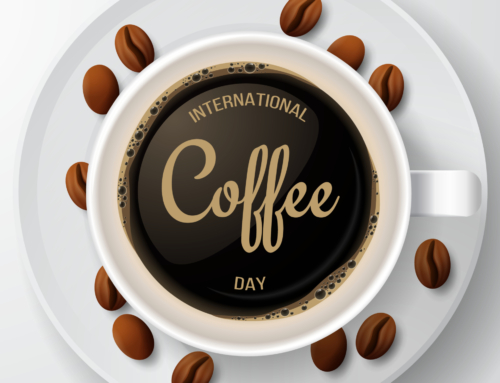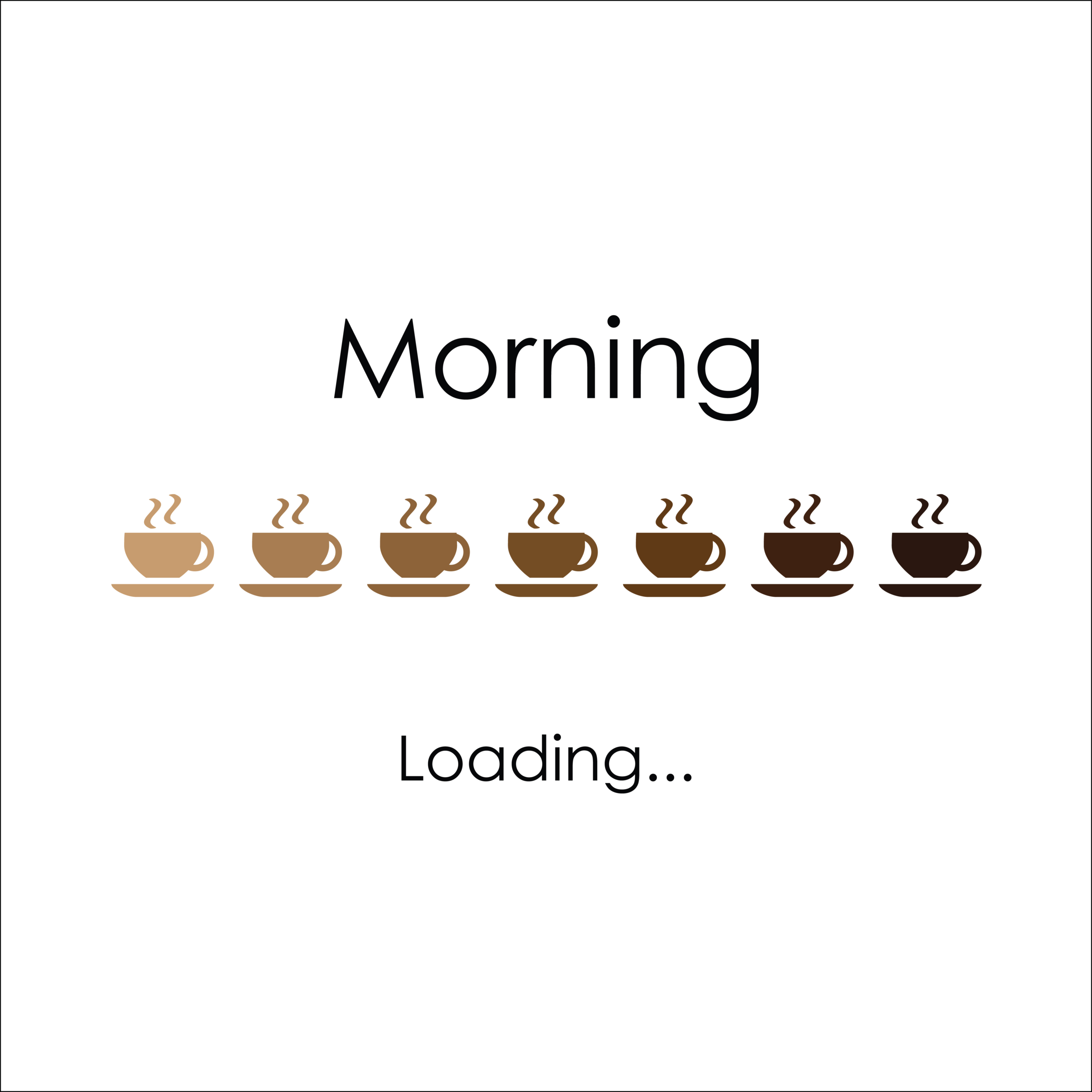Brewing the perfect cup of coffee is an art that many of us strive to master. One of the most common questions for both beginners and seasoned coffee enthusiasts is: How many scoops of coffee do you need per cup? Getting the ratio of coffee to water just right can make all the difference in the taste of your brew. In this article, we’ll break down how many scoops of coffee you need for different amounts of cups, from 2 to 12, and offer tips to fine-tune your coffee-making routine.
How Many Scoops of Coffee Per Cup?
The general rule for making coffee is using 1 scoop (or 2 tablespoons) of coffee for every 6 ounces of water. This ratio can be adjusted depending on personal taste preferences. If you like stronger coffee, you might add a bit more, while for a milder taste, you can reduce the amount slightly.
How Many Scoops of Coffee for 2 Cups?
If you’re making coffee for yourself and a friend or just brewing a smaller amount, here’s a guide for 2 cups. For 2 cups of coffee:
- Use 2 scoops of coffee (or 4 tablespoons) for 12 ounces of water.
This ensures a balanced brew without overwhelming bitterness or weakness.
How Many Scoops of Coffee for 4 Cups?
When making coffee for 4 cups, the math is simple:
- Use 4 scoops of coffee (or 8 tablespoons) for 24 ounces of water.
This provides a consistent, rich flavor that’s perfect for a small group or multiple servings throughout the morning.
How Many Tablespoons of Coffee for 4 Cups?
If you prefer measuring in tablespoons instead of scoops, here’s the breakdown:
- 8 tablespoons of coffee for 4 cups (which equals 24 ounces of water).
Since 1 scoop equals 2 tablespoons, you can easily switch between the two measurement methods.
How Many Scoops of Coffee for 5 Cups?
For 5 cups of coffee, simply follow the same ratio. You would need:
- 5 scoops of coffee (or 10 tablespoons) for 30 ounces of water.
This will give you a robust cup without being too strong, making it ideal for a mid-size coffee maker or just a few extra servings.
How Many Scoops of Coffee for 6 Cups?
For a larger batch, such as 6 cups, follow this guide:
- Use 6 scoops of coffee (or 12 tablespoons) for 36 ounces of water.
If you’re using a standard drip coffee maker, this amount ensures a flavorful pot that’s not too weak or overpowering.
How Many Scoops of Coffee for 8 Cups?
When brewing a larger pot, such as for family breakfast or a small gathering, you will need more coffee grounds. For 8 cups of coffee:
- Use 8 scoops of coffee (or 16 tablespoons) for 48 ounces of water.
This ratio keeps the coffee well-balanced, offering a pleasant strength for most drinkers.
How Many Scoops of Coffee for 10 Cups?
For 10 cups of coffee, you can follow this formula:
- Use 10 scoops of coffee (or 20 tablespoons) for 60 ounces of water.
This is perfect for a large group of coffee lovers or if you’re hosting a brunch and want to keep everyone caffeinated!
How Many Scoops for a Pot of Coffee?
A “full pot” of coffee typically refers to 12 cups, though some coffee makers may vary slightly in their capacity. For a full pot:
- Use 12 scoops of coffee (or 24 tablespoons) for 72 ounces of water.
This measurement will fill up a standard 12-cup coffee maker, ensuring a full-bodied, flavorful pot of coffee to keep everyone satisfied.
How Many Tablespoons of Coffee for 12 Cups?
If you’re brewing a full pot in a large coffee maker, here’s the scoop for 12 cups:
- Use 12 scoops of coffee (or 24 tablespoons) for 72 ounces of water.
This provides a full-bodied, aromatic pot that will be strong enough to keep everyone awake, but not too intense.
Final Tips for Perfect Coffee
While the standard recommendation is 1 scoop per 6 ounces of water, feel free to experiment to suit your taste. Some prefer a stronger brew and may add an extra half scoop per cup, while others might cut back slightly for a milder flavor. Here are a few additional tips:
- Grind size matters: A finer grind will result in a stronger cup, while a coarser grind can make a lighter brew.
- Water quality: Always use fresh, filtered water for the best-tasting coffee.
- Equipment: Clean your coffee maker regularly to prevent buildup that can affect the flavor.
With these guidelines and a little trial and error, you’ll be able to brew the perfect coffee to suit your preferences every time!


